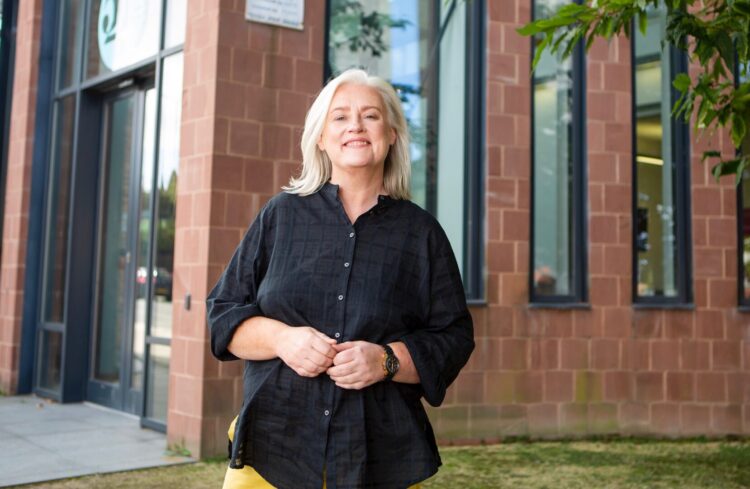Self-employed face ‘bleak winter’, says Mersey leader
Maggie O’Carroll, chief executive of Liverpool social enterprise, The Women’s Organisation, urges Chancellor Rishi Sunak to raise self-employed COVID-19 support back to April levels. Tony McDonough reports

Liverpool city region business start-up expert Maggie O’Carroll is urging the Government to raise its level of support for self-employed whom, she claims, face a “bleak winter”
Ms O’Carroll, chief executive of award-winning Liverpool social enterprise, The Women’s Organisation, says Chancellor Rishi Sunak’s new package of measure to help those working for themselves was not enough to prevent many suffering severer hardship.
As part of a new package of COVID-19 business support measures announced last week, Mr Sunak raised the support grant for self-employed people to 40% of profits paid in two grants one covering November to January and the second from February to April. This was raised from the original 20% offered just a few weeks ago.
It means maximum grant will increase from £1,875 to £3,750. However, this is worth only half the original self-employed support scheme unveiled in March. Then, the Government agreed to pay 80% of profits.
Since its launch as Train 2000 in 1996, Baltic Triangle-based The Women’s Organisation has helped to create more than 4,000 businesses. It is currently the lead agency for the Liverpool City Region Enterprise Hub and Greater Manchester’s Excelerate Labs, which offer start-up support to thousands of women and men.
READ MORE: Women’s Organisations helps 4,000 people in lockdown
On Monday, Ms O’Carroll said: “The self-employed are the lifeblood of the UK’s economy. They are regularly the ones to offer up innovative new ideas ad solutions to bring communities together. They also contribute £305bn to the economy each year.

“So why are they now being expected to survive on financial support covering just two-fifths of their normal income. We are calling for the government’s financial support to be levelled at 80% of average monthly trading profits, as it was in March. If it was the right thing to do by the self-employed then, it’s the right thing to do now.
“We have already seen the impact of tougher coronavirus restrictions on businesses and the self-employed, particularly the estimated 500,000 working in the leisure and hospitality industries, where generating a profit has been made near-impossible.
“While protecting public health must of course be a priority, so too is protecting incomes and livelihoods. Millions of self-employed people are facing a bleak winter ahead and will be feeling the social, economic and well-being effects for years to come if more decisive action and comprehensive support is not put in place now.”

